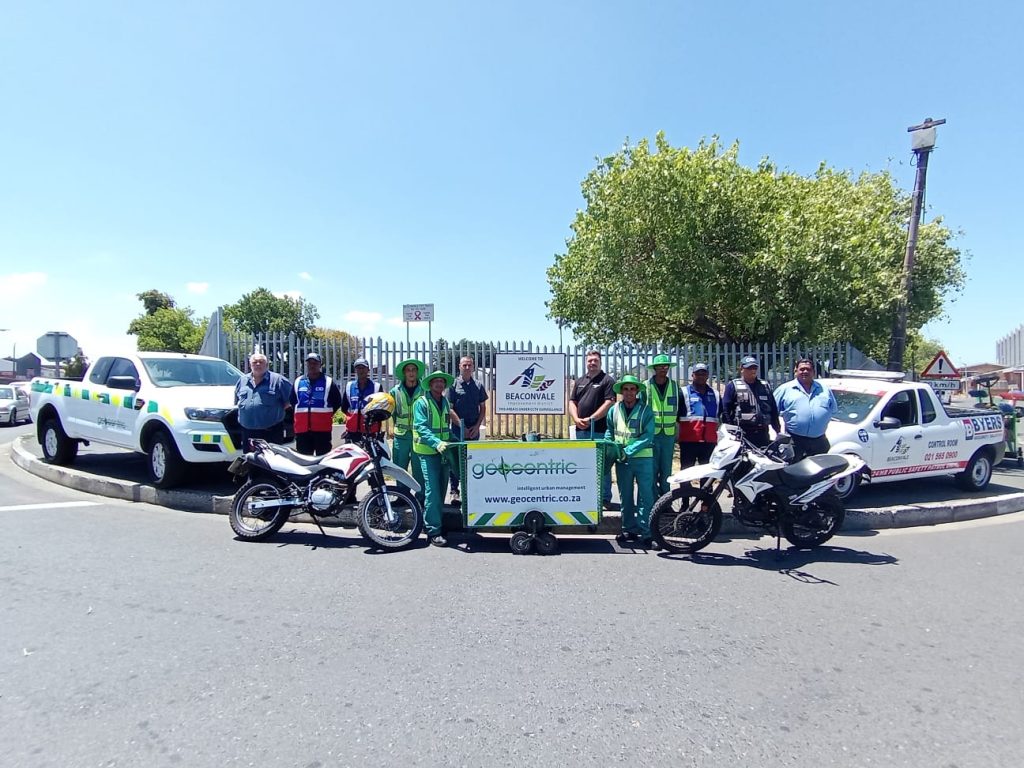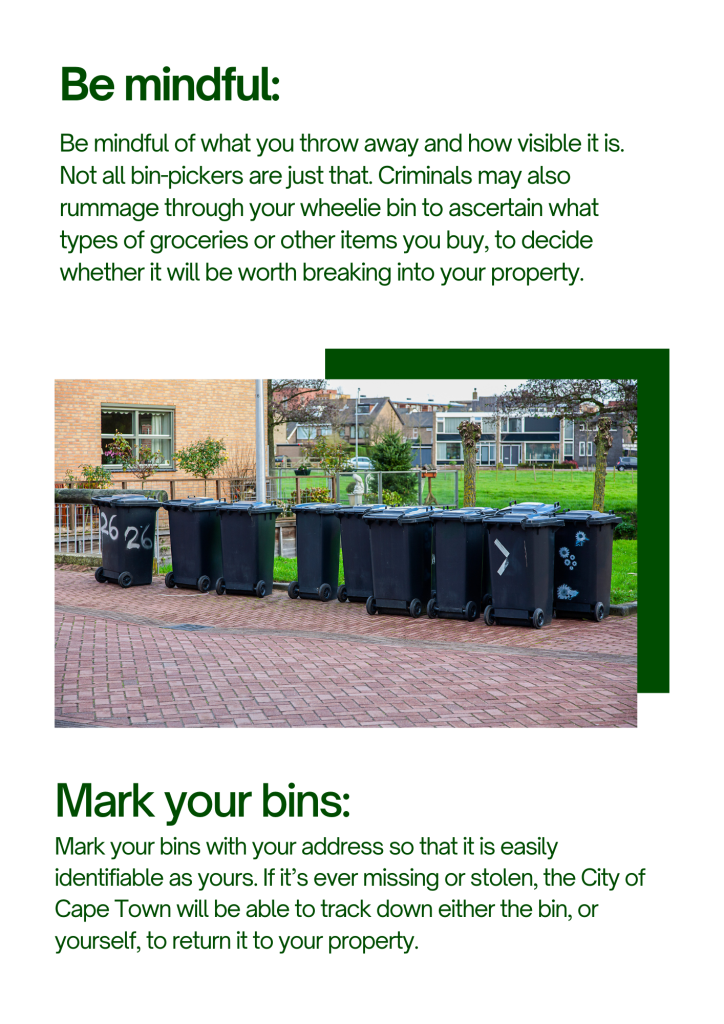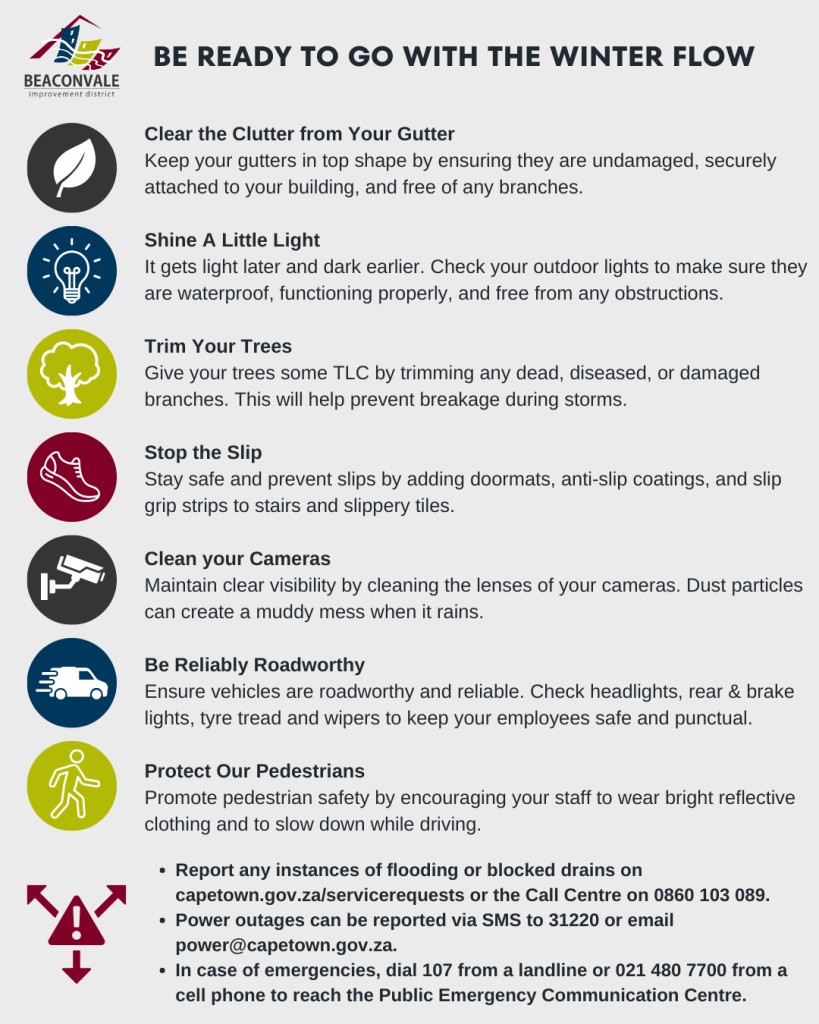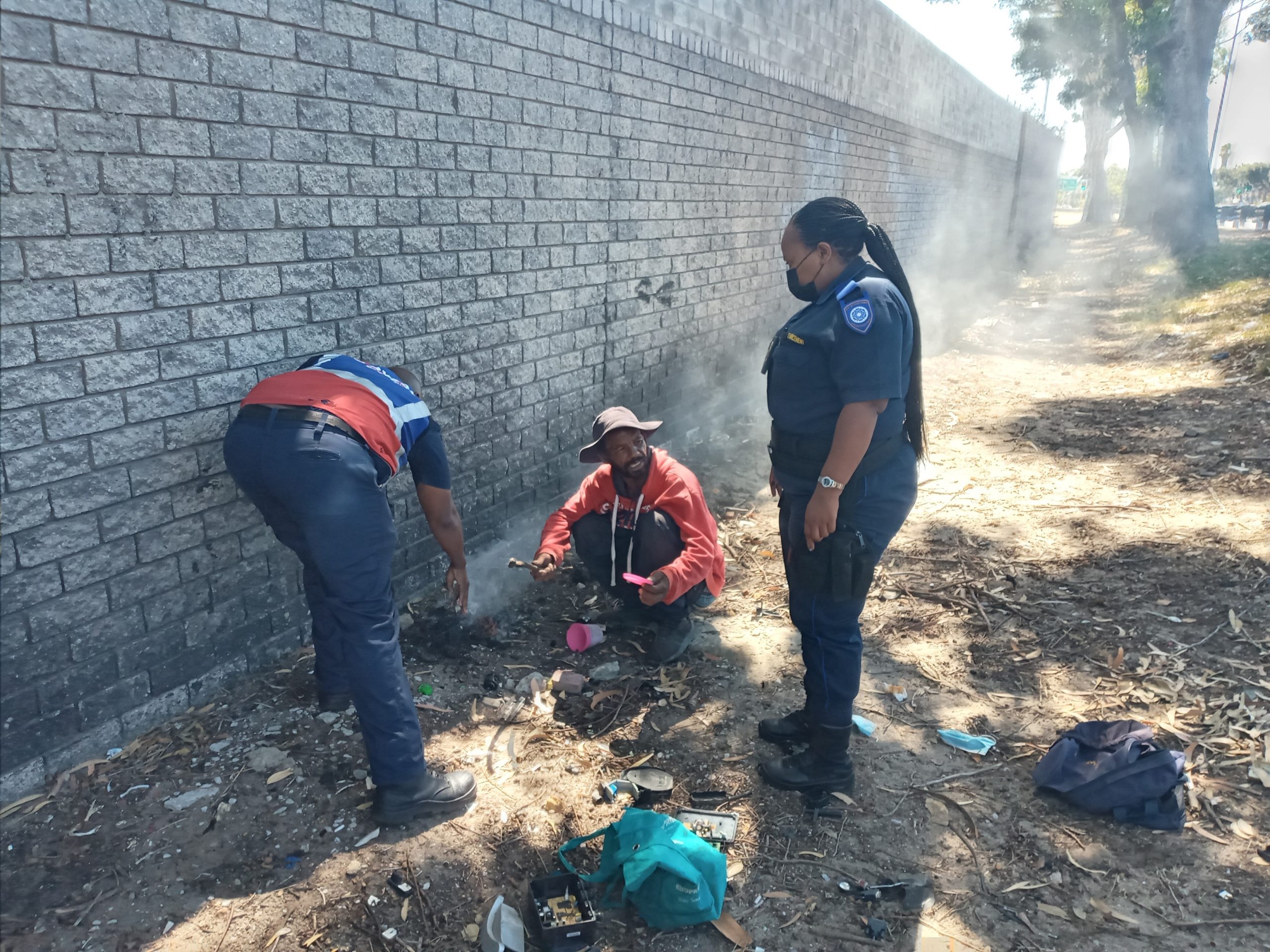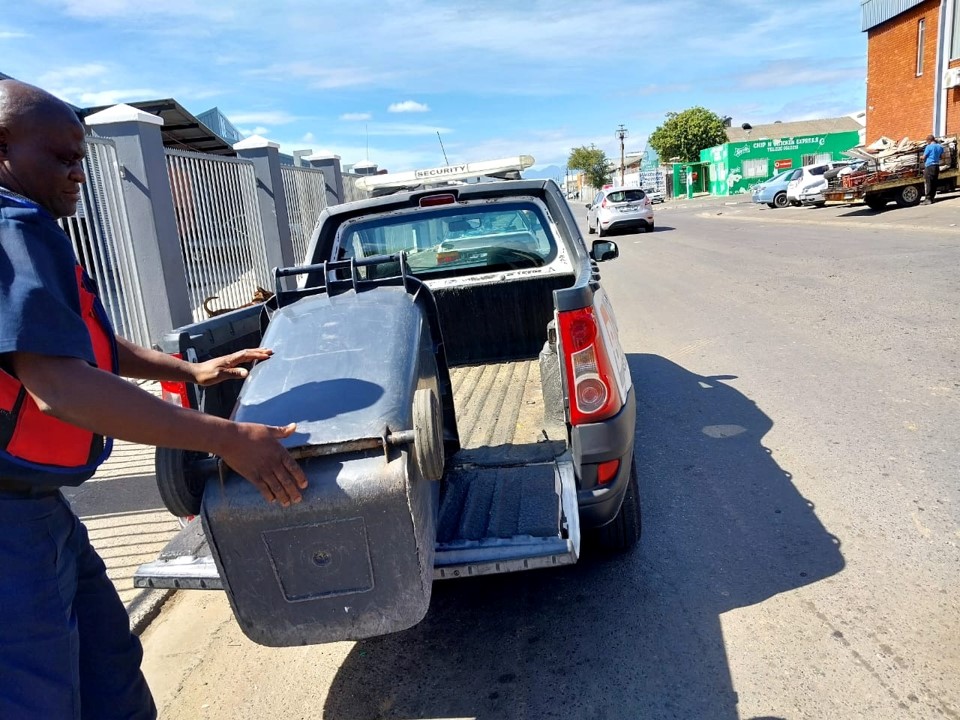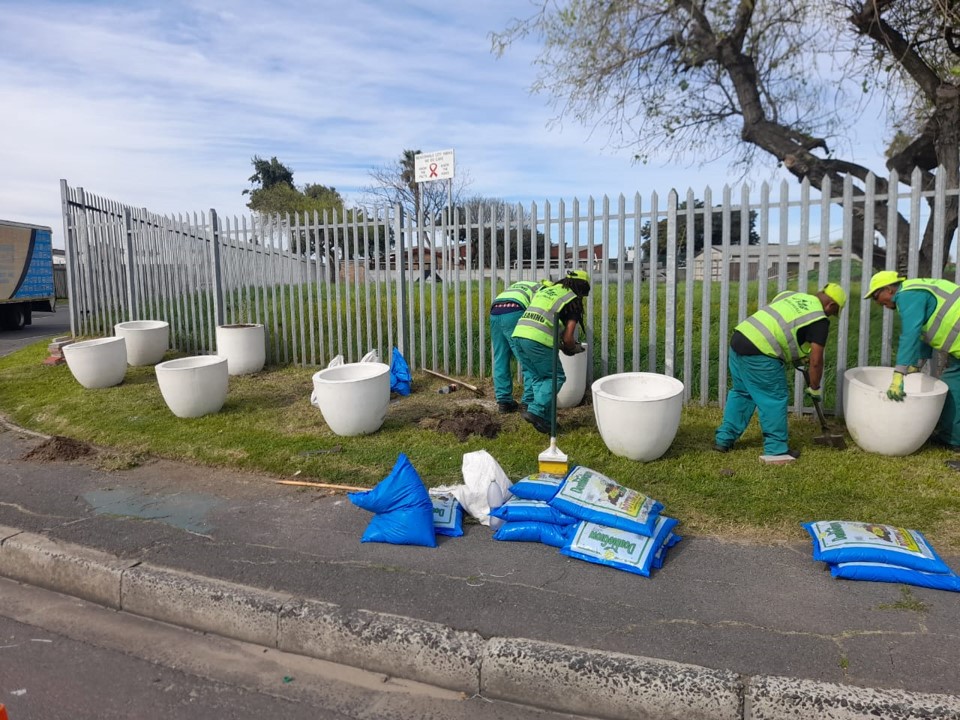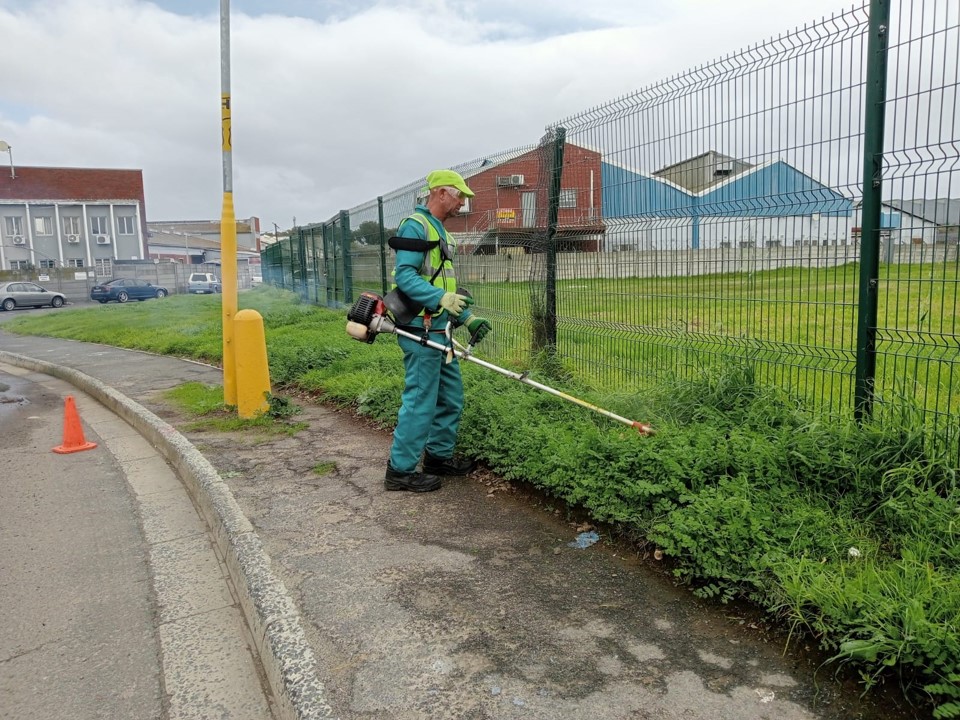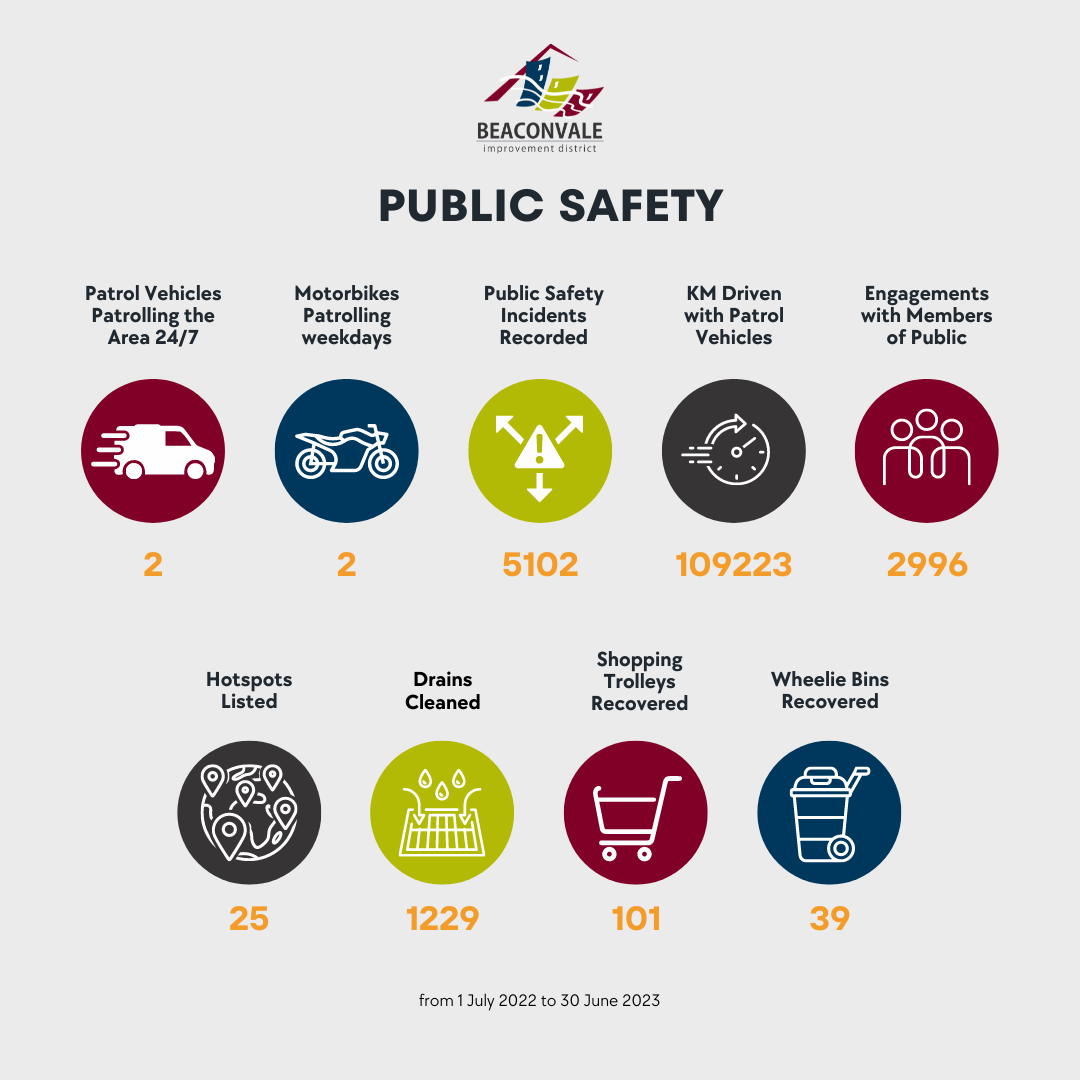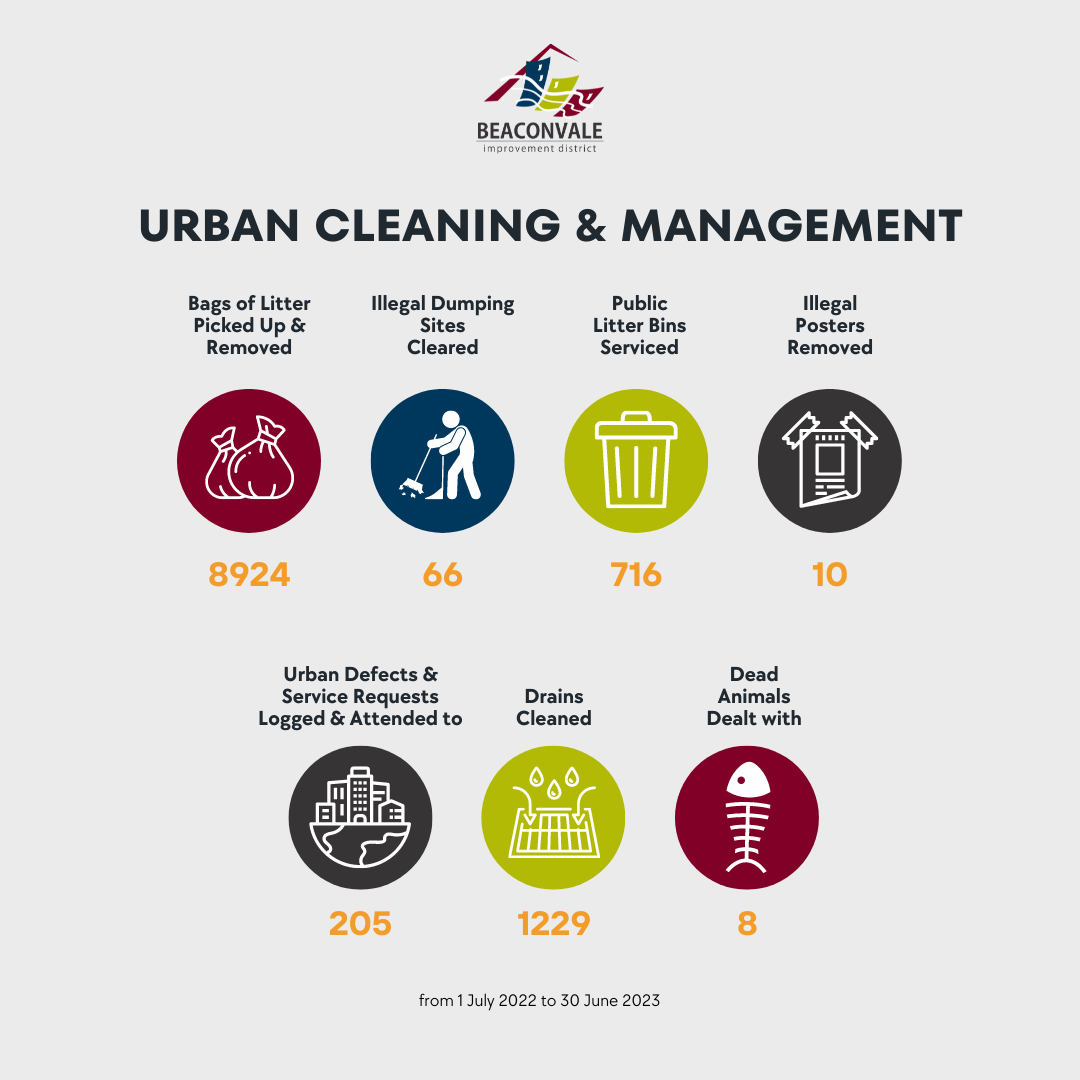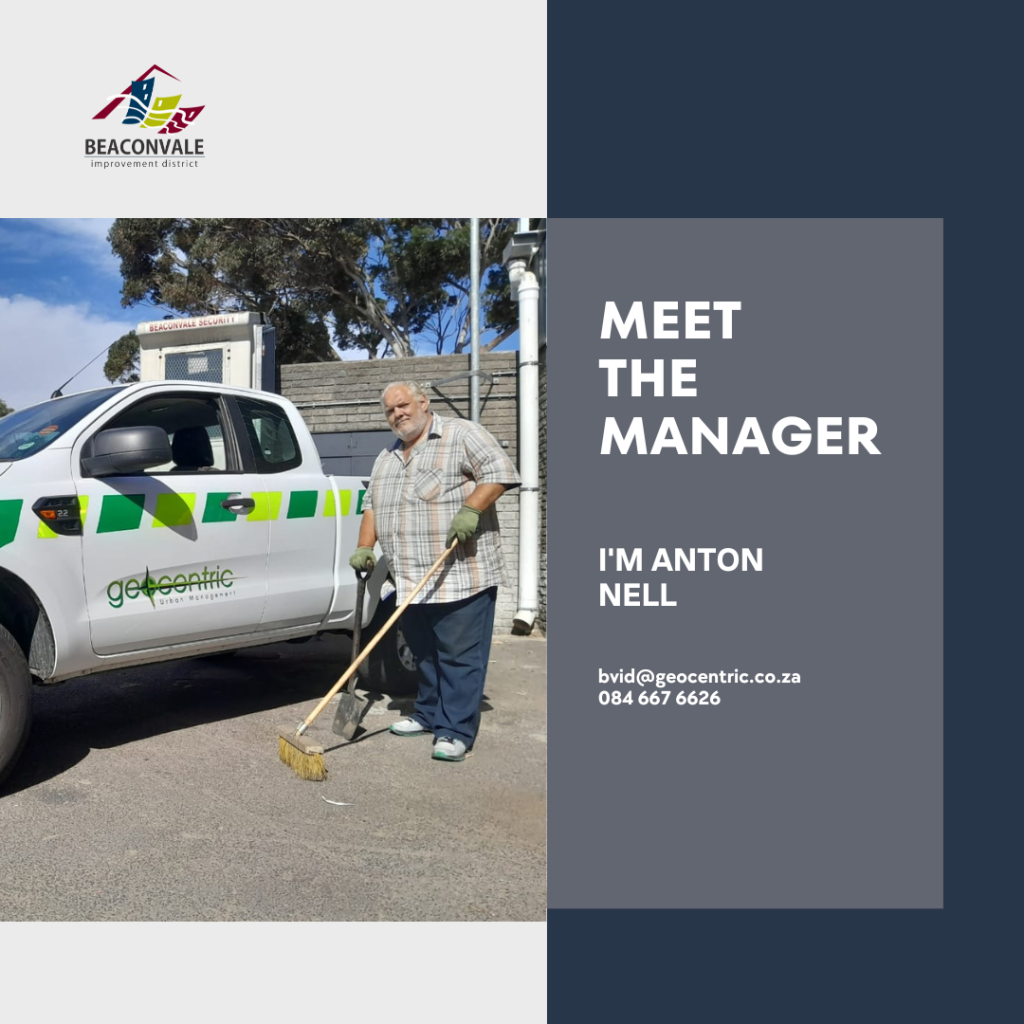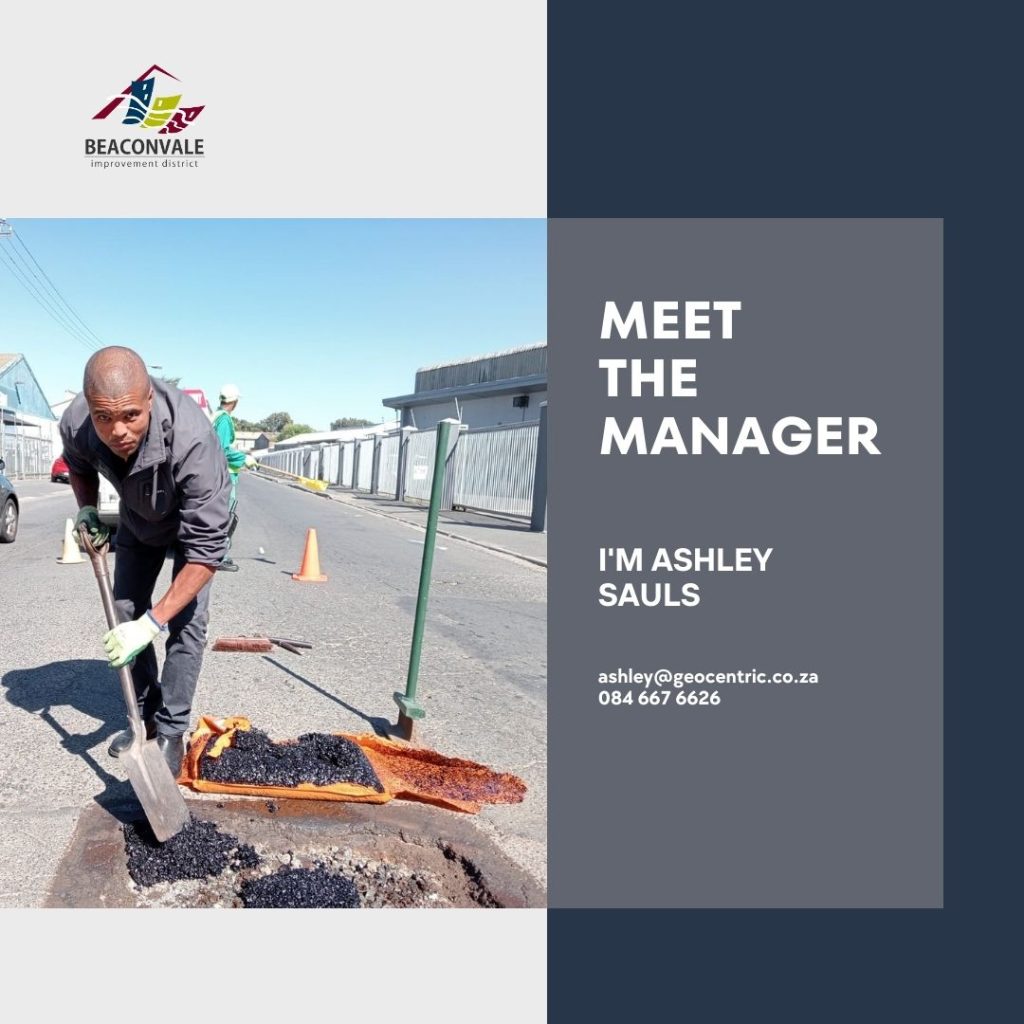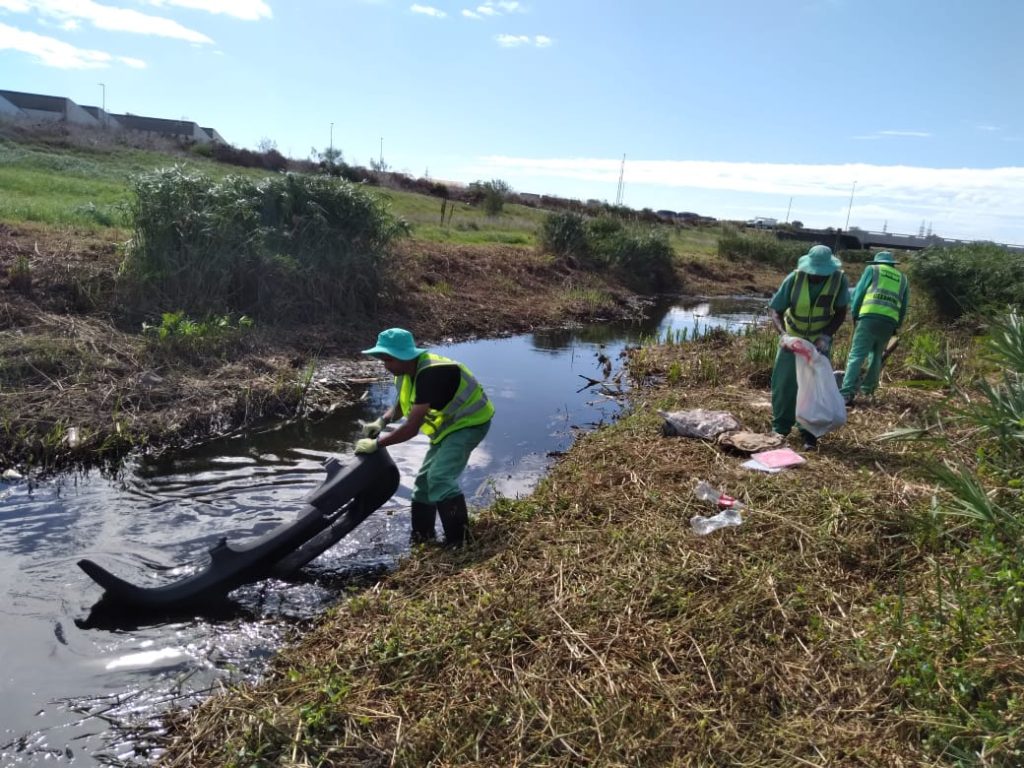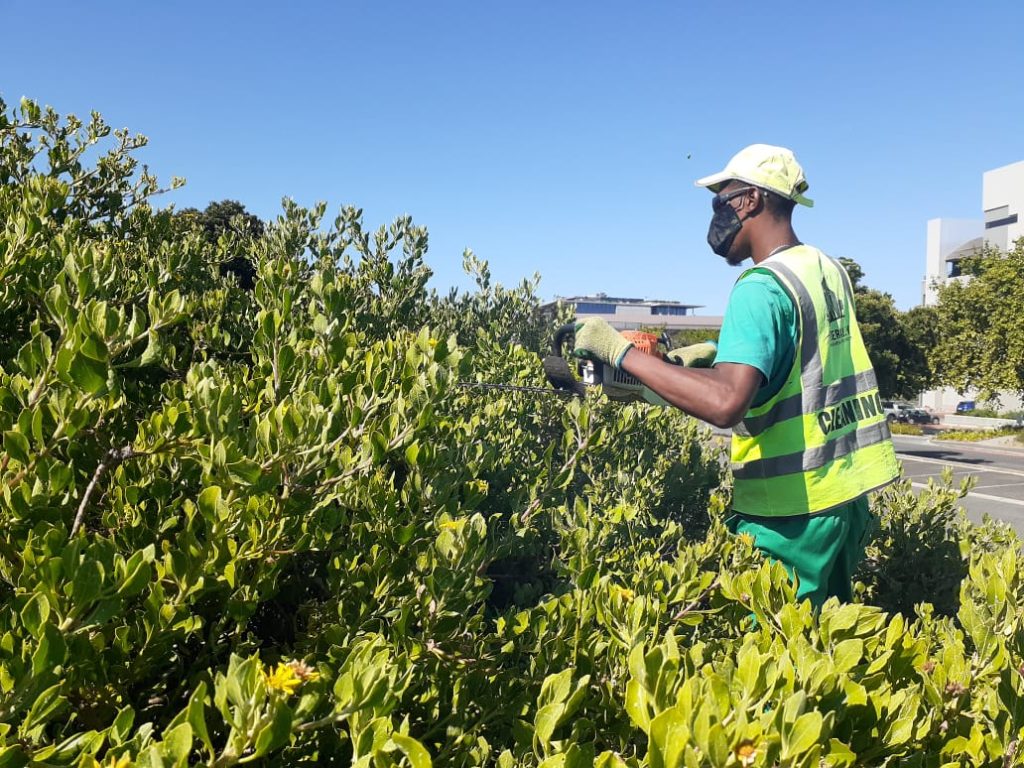Winter in Cape Town is a time in which poverty and homelessness become heightened social issues, because of the extremely harsh weather conditions. At the same time, the annual Mandela Day initiative coincides, taking place this 18 July, helping to bring hope and support to vulnerable communities.
Indigent people in South Africa are an inherent part of the cityscape, with hundreds of thousands of people homeless and living on the streets.
It is well-known that cash handouts are not a good solution for supporting people living on the streets – as these often serve to fuel the problem by funding addiction and other negative or self-perpetuating behaviour.
However, most of us would like to help in some way to combat poverty and inequality. For this reason, it’s important to work with known NGOs, nonprofits or charities, who have built social infrastructures and relationships that have longevity.

Mould, Empower, Serve: how City Improvement Districts are working with MES
MES Cape Town is a key partner in the mission to sustainably rehome the homeless across various City Improvement Districts. Their extensive network of outreach and social relief programs provides the vital reach and resources our CID needs. Additionally, their responsive help desk is always available to assist with the immediate and short-term needs of the homeless and unemployed community.
We work closely with MES to identify individuals for casual labour on specific projects. Their team actively scouts promising candidates, placing them with us each week on a probationary basis as one of our on-the-ground workers, fondly known as our “Green Ants”. For those who show dedication, we offer pathways for them to become supervisors and advance their training, making them valuable members of our workforce in a way that allows us to support their growth.

To ensure the funds generated through our partnership are used effectively, we pay stipends directly to MES, which helps cover their living expenses sustainably throughout their stay.
Winter Hope 2024
MES is running a WinterHope campaign until the end of July, in a mission to spread hope and warmth this winter, by gathering essential items such as warm clothing, blankets, and nourishing food supplies.
Visit MES @mouldempowerserve on Facebook, or @mesorgsa on Instagram, to see causes near you to support this winter.
Continue reading Winter Hope & Giving Back Responsibly – help combat poverty & inequality